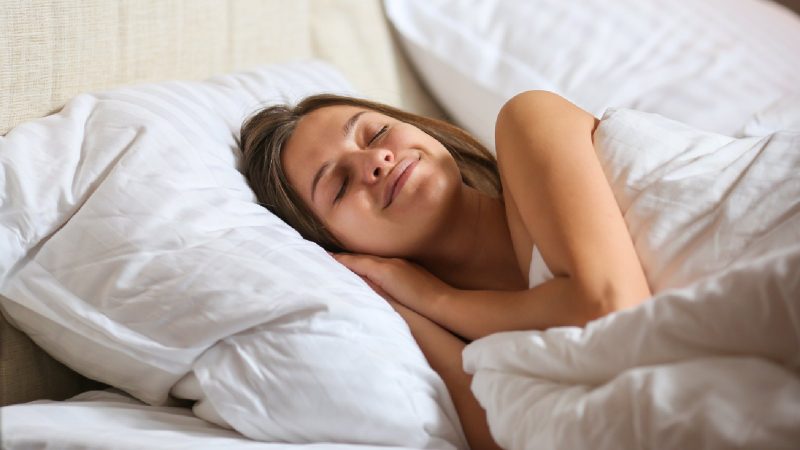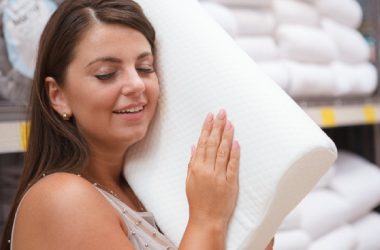Understanding Sleep Anxiety
Anxiety can manifest into chronic feelings of fear, stress, or apprehension about sleeping, known as sleep anxiety or Somniphobia. Dr Pavana S, a Consultant Psychiatrist, describes it as a condition that affects both mental and physical well-being. It can lead to persistent worries, difficulty relaxing, and impacts daily functioning, potentially leading to chronic insomnia and other mental health issues.
Management Techniques
Establish a Consistent Sleep Routine
Dr Pavana S advises maintaining a regular sleep schedule, going to bed and waking up at the same time every day.
Create a Calming Bedtime Ritual
Relaxing activities such as reading a book, taking a warm bath, or gentle stretching act as signals to prepare the body for sleep.
Limit Stimulants Before Bed
Avoid consuming caffeine and nicotine close to bedtime as these can interfere with falling asleep and contribute to heightened anxiety.
Mindfulness Meditation and Deep Breathing
Incorporate mindfulness, meditation, and deep breathing exercises into the daily routine to shift focus away from anxious thoughts and promote relaxation.
Create a Comfortable Sleep Environment
Ensure the sleep environment is conducive to rest – cool, dark, and quiet. Invest in a comfortable mattress and pillows for improved sleep quality.
Limit Screen Time Before Bed
Discourage the use of electronic devices before bedtime as the blue light emitted from screens can disrupt the production of sleep-regulating hormones.
Regular Exercise Routine
Promote regular physical activity, but advise against vigorous exercise close to bedtime. Exercise induces feelings of exhaustion and aids in releasing feel-good hormones, curbing stress levels.
Treatment Plan
Cognitive-behavioral therapy for insomnia (CBT-I) has shown efficacy in addressing factors contributing to sleep anxiety. Medications, if necessary, should be used cautiously and individuals closely monitored for potential side effects and dependency.
Conclusion
Overcoming sleep anxiety involves lifestyle adjustments, behavioral changes, and professional guidance tailored to individual needs, leading to restful nights and improved overall well-being.









